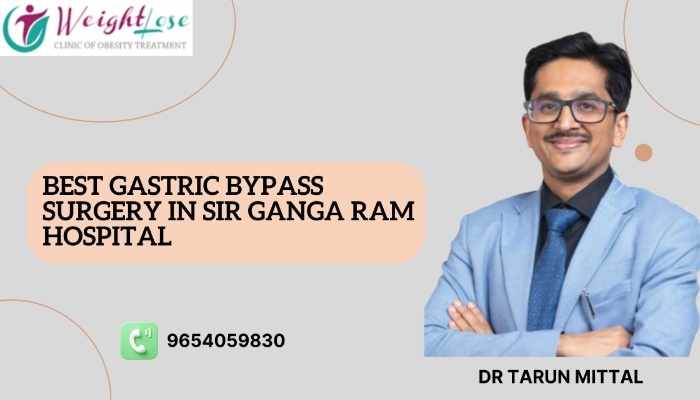
Obesity is one of the fastest-growing health concerns across the world today. It does not just affect appearance—it drastically impacts metabolism, hormone balance, and the functioning of critical organs. For individuals struggling with severe obesity, lifestyle changes and medications often fail to bring meaningful improvement. This is where Gastric Bypass Surgery becomes a life-changing solution.
Among the numerous institutions offering this advanced bariatric treatment, Sir Ganga Ram Hospital in New Delhi has established itself as a leading centre for comprehensive obesity management. Known for its excellence in advanced laparoscopic and bariatric surgery, the hospital is home to some of the country’s most skilled specialists, including Dr. Tarun Mittal, a renowned bariatric and minimally invasive surgeon.
Will the Gastric Bypass surgery leave scars?
The surgery is usually done laparoscopically, which means tiny incisions instead of a large cut.
Most patients have 4–5 small scars, each about 0.5–1 cm in size.
These scars fade over time and become barely noticeable.
Proper wound care helps them heal faster and look minimal.
Surgeons place incisions in discreet areas of the abdomen wherever possible.
In rare cases needing open surgery (less than 5%), a larger scar may be present.
Over months, most scars blend with the skin and are cosmetic, not functional, meaning they don’t affect movement or daily life.
Can Women Get Pregnant After Gastric Bypass?
Yes, pregnancy is possible and usually safer after Gastric Bypass because weight loss improves overall health and fertility.
Doctors recommend waiting 12–18 months after surgery before trying to conceive, allowing weight and nutrition levels to stabilize.
Hormonal balance improves after weight loss, especially in women with PCOS (Polycystic Ovary Syndrome), increasing the chances of natural conception.
Menstrual cycles often become regular within months after surgery, further enhancing fertility.
Pregnancy risks decrease after significant weight loss, such as:
Gestational diabetes
High blood pressure
Pre-eclampsia
Miscarriage
Nutritional monitoring is essential because Gastric Bypass can affect the absorption of vitamins like B12, iron, calcium, and folate.
Regular follow-ups with your bariatric surgeon and gynecologist are recommended throughout pregnancy.
Most women have healthy pregnancies after the best gastric bypass surgery as long as they follow medical guidance.
How Much Weight Can I Lose After Gastric Bypass?
Most patients lose 60–80% of their excess body weight within 12–18 months.
Initial weight loss is rapid, especially during the first 3–6 months.
Weight loss continues at a slower, steady pace after 6 months.
Patients with higher starting BMI usually see greater absolute weight loss.
Hormonal changes after surgery help reduce hunger, leading to controlled appetite.
Success depends on following dietary guidelines, especially high-protein and low-sugar meals.
Regular physical activity enhances results, improving muscle tone and metabolism.
People with diabetes, thyroid disorders, or PCOS may lose weight at a slightly different rate.
Consistent follow-ups with a bariatric team help maintain progress.
Long-term weight maintenance is possible when lifestyle changes are sustained.
Step-by-Step Overview of the Gastric Bypass Procedure
1. Pre-Surgery Evaluation
Patients undergo:
Blood tests
Cardiac evaluation
Nutritional assessment
Psychological screening
Imaging studies
Dr. Tarun Mittal ensures every patient is medically optimized before surgery.
2. Surgical Procedure
Performed laparoscopically
4–5 small incisions
Creation of a stomach pouch
Rerouting of the small intestine
Connection of the pouch to the bypassed intestine
The surgery typically lasts 2–3 hours.
3. Post-Surgery Care
Patients stay in the hospital for 2–3 days. Recovery includes:
Liquid diet
Pain management
Early ambulation
Gradual diet progression
Conclusion
Obesity is a complex condition that requires expert medical guidance. Gastric Bypass Surgery provides one of the most effective long-term solutions for individuals struggling with severe obesity and related health problems. When performed by a skillful surgeon in a world-class healthcare setting, it becomes a life-transforming experience.
Sir Ganga Ram Hospital, with its advanced infrastructure and clinical excellence, stands as a premier destination for bariatric surgery. Dr. Tarun Mittal, with his extensive expertise and compassionate patient care, ensures outstanding results and safe recovery. This is why countless patients trust him for the best gastric bypass surgery at Sir Ganga Ram Hospital and the top gastric bypass surgery at Sir Ganga Ram Hospital.

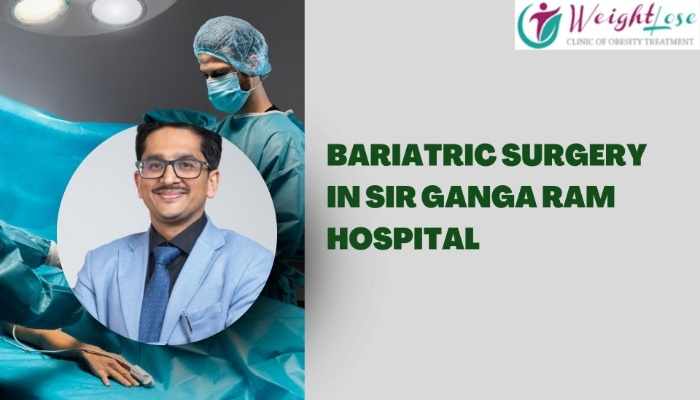







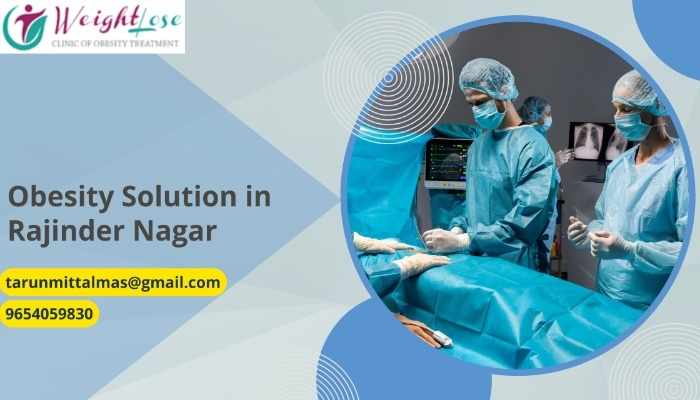

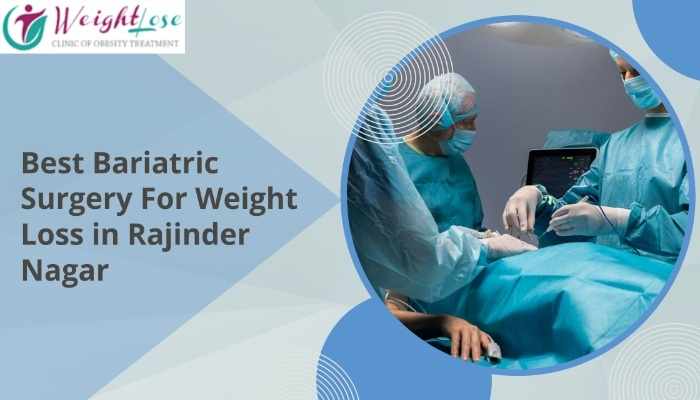

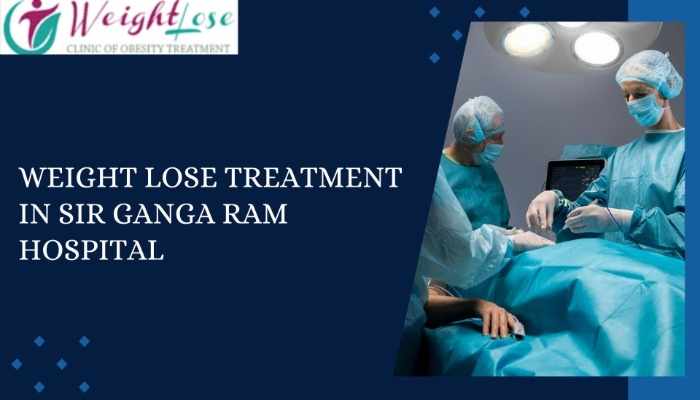






Write a comment ...